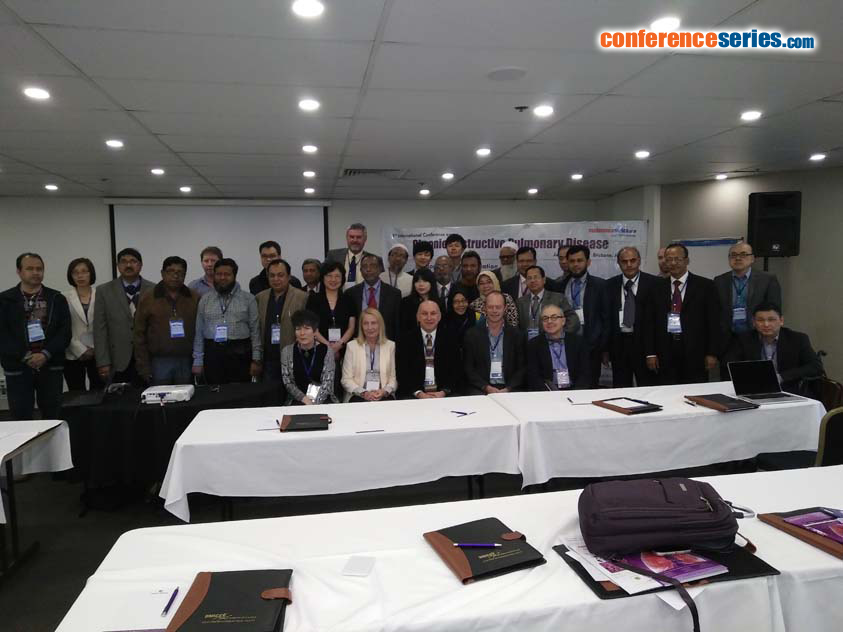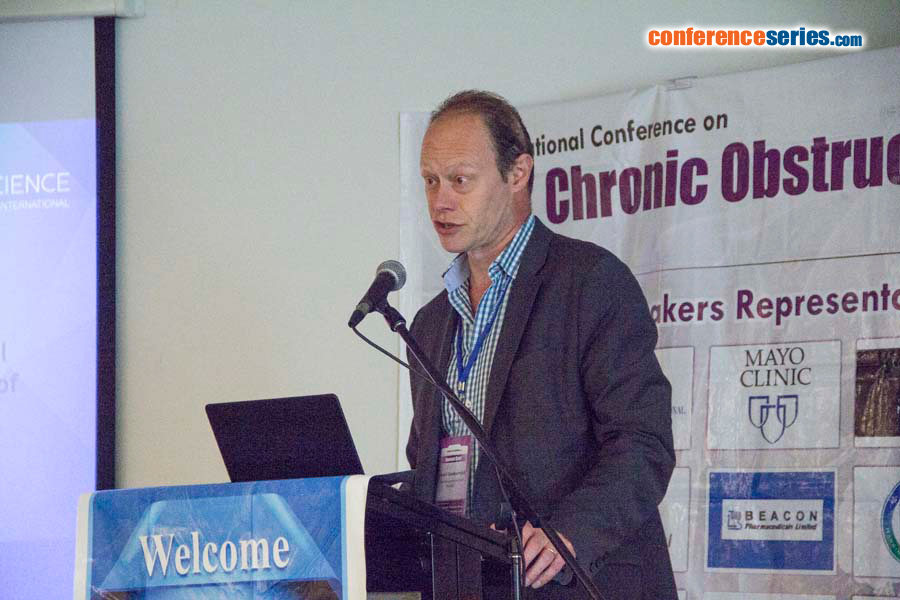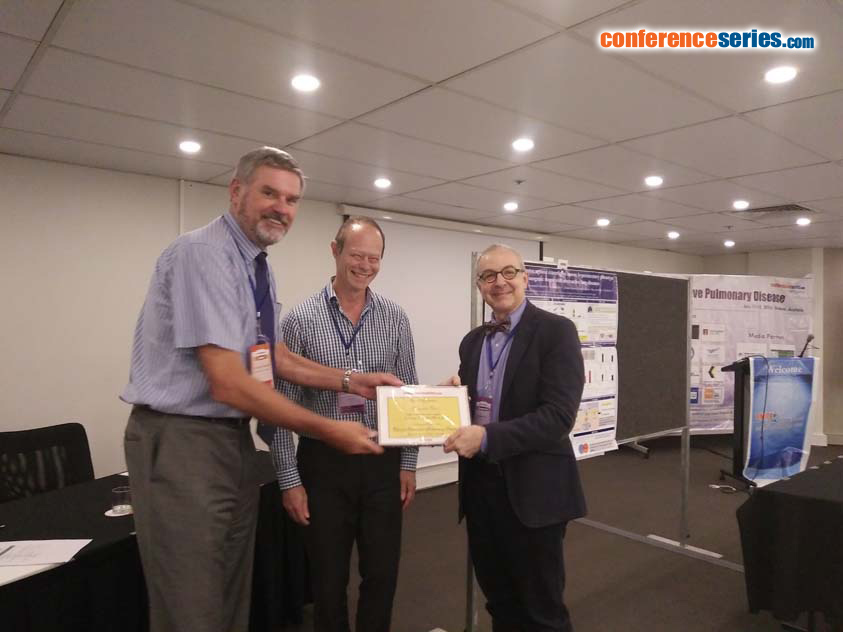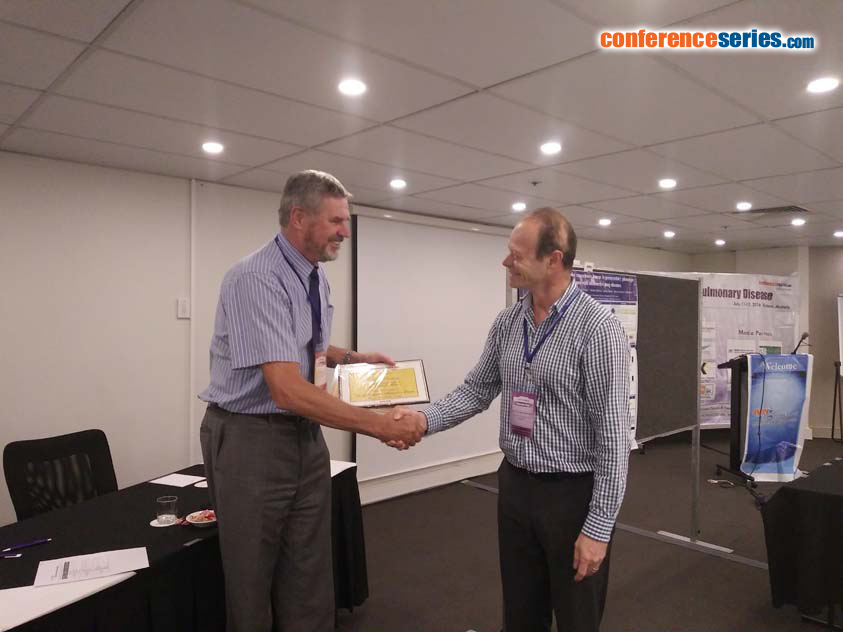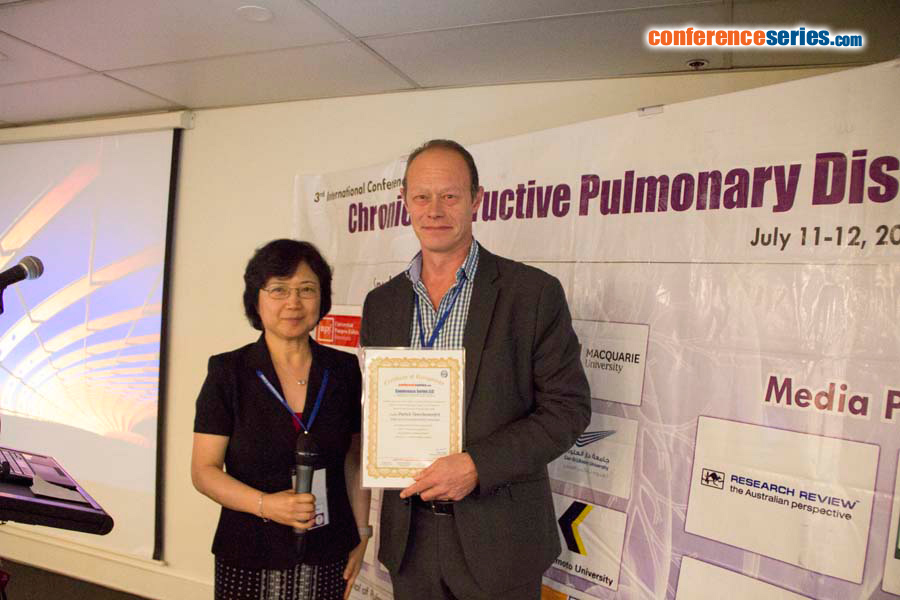
Patrick Vanscheeuwijck
Director Pre-Clinical Toxicology
Philip Morris International
Switzerland
Title: Comparative assessment of lung inflammation, pulmonary function and emphysema caused by the aerosol from potential Reduced Risk Products and cigarette smoke in mouse models of COPD.
Biography
Biography: Patrick Vanscheeuwijck
Abstract
Smoking cigarettes is a major risk factor in the development and progression of chronic obstructive pulmonary disease (COPD). Potential Reduced Risk Products (RRPs*), are being developed to reduce smoking-related health risks compared to smoking cigarettes. Here we report on mouse studies that have been conducted comparing different aspects of COPD after exposure of different strains to mainstream smoke (MS) from the reference cigarette 3R4F and aerosols from RRPs. Exposures were carried out for up to 8 months for several hours per day and at concentrations up to 30 µg nicotine/l test atmosphere. MS from 3R4F caused significant lung inflammation as evidenced by recruitment of inflammatory cells and pro-inflammatory cytokines in broncho-alveolar lavage fluid, changed pulmonary function parameters (e.g. resistance, PV-loops) indicative for emphysema and quantifiable emphysematous changes in the lung parenchyma. Exposure to high concentrations of aerosols from RRPs resulted in changes of a much lower magnitude and in a number of cases changes were not different from Sham (air)-exposed animals. Switching mice from exposure to MS for 2 months to aerosol from RRPs, resulted in the reversal of the emphysematous changes similar to those noticed when animals are switched from exposure of MS to fresh air. In summary, we have demonstrated in different mouse models that the RRPs, in contrast to 3R4F, cause a low level of lung inflammation and minimal pulmonary emphysema.
*RRPs is the term the company uses to refer to products with the potential to reduce individual risk and population harm in comparison to smoking cigarettes.


